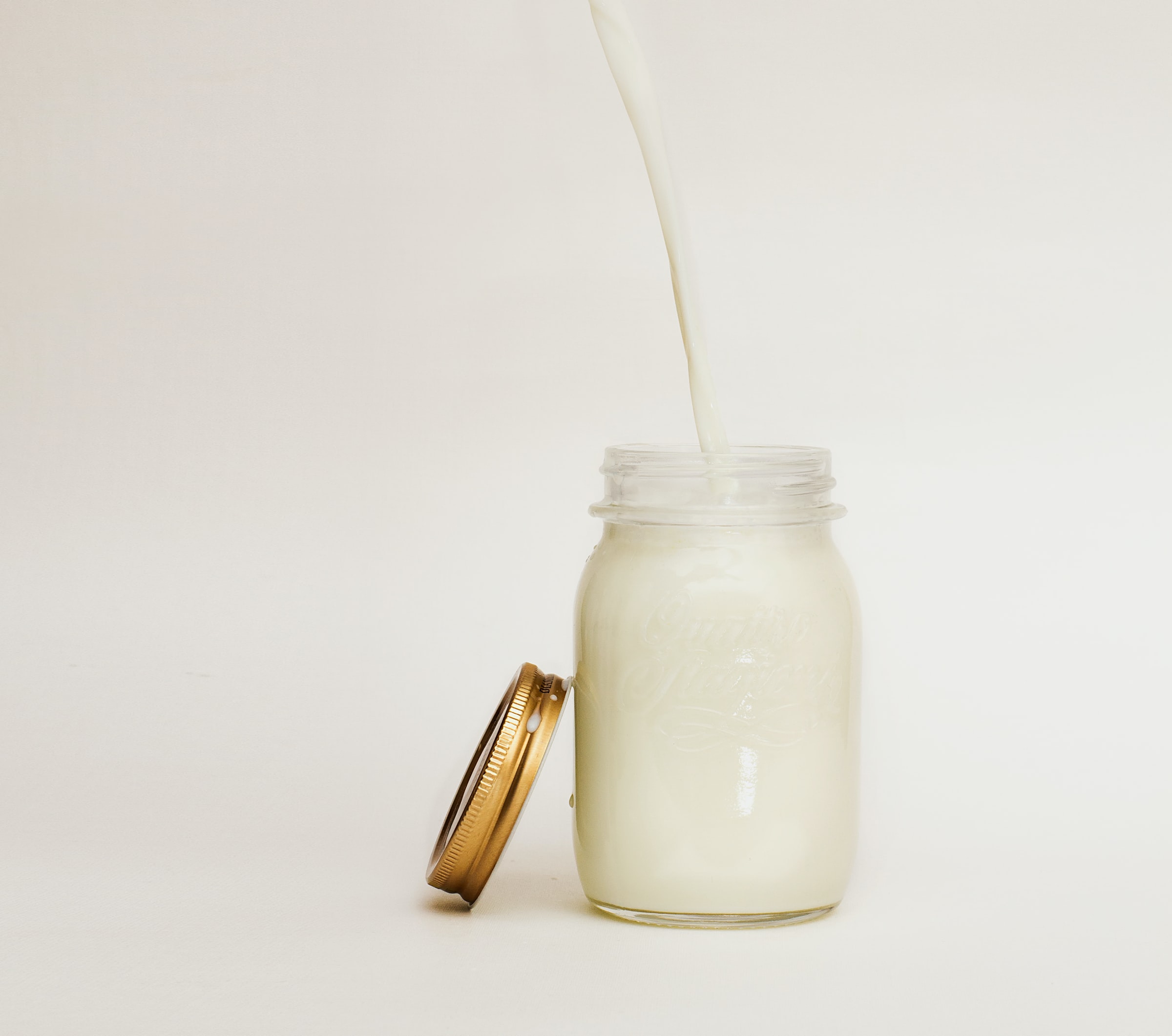There are many alternatives to dairy milks. Soy milk, almond milk, and cashew milk are some of the more well-known ones. Oat milk has also become more widespread in its use. In the U.S., sales went from 4.4 million in 2018 to 29 million in 2019. Quite a jump.
Shape provides that oat milk is one of the most accessible due to its cheaper price tag and small environmental impact.
Many people look for non-dairy milks like oat milk because of allergies or intolerances. So is the same for nut milks, many people have nut allergies too. Oat milk is one that such individuals can drink safely. In addition, some (not all) oat milks are made with certified gluten-free oats which is safe for those with gluten allergies or sensitivity.
Nutritional content
Oat milk doesn’t contain as much nutrients as oats alone due to the way it’s made, but it is often fortified with vitamins and minerals. 
According to Ryan Raman MS, RD, is one of the only types of milk that contains fiber in addition to many other beneficial nutrients. For instance, a fortified cup of unsweetened oat milk can contain a good amount of carbs, vitamin B12, riboflavin, calcium, phosphorus, vitamin D, vitamin A, and some fat, protein, potassium, and iron.
Benefits
Because of the fiber oat milk contains, it can help improve heart health. One type of fiber it has are called beta-glucans. Beta-glucans may reduce blood cholesterol levels by binding to cholesterol and reducing its absorption. Cholesterol is linked to heart disease.
Beta-glucans increase immunity by activating complement systems, enhancing macrophages and natural killer cell function. They can also prevent oncogenesis by protecting against genotoxic carcinogens. In these ways, it can inhibit tumor growth.
Oat Milk can also benefit bone health. Though it isn’t naturally rich in calcium and vitamin D, those are often added. Calcium helps from bones, without it your bones can become brittle. Vitamin D encourages the absorption of calcium. Vitamin B12 has also been linked to bone health and a lower risk of osteoporosis.
Vitamin B12 plays a role in nerve and blood cell function as well as in the production of cell DNA. This vitamin also helps prevent megaloblastic anemia. The Office of Dietary Supplements recommends adults get 2.4 mcg of vitamin B12. Not enough vitamin B12 can cause you to experience the following symptoms:
- Tiredness
- Weakness
- Constipation
- Loss of appetite
- Weight loss
- Anemia
- Nerve Problems
- Balance and cognitive issues
- Depression
Vitamin B12 has also been associated with heart disease, dementia, and energy and athletic performance.
 Another component of oat milk—oats—contain many beneficial nutrients too. The vitamin E, phytic acid, phenolic compounds, avenanthramides, flavonoids, and sterols in oats act as antioxidants.
Another component of oat milk—oats—contain many beneficial nutrients too. The vitamin E, phytic acid, phenolic compounds, avenanthramides, flavonoids, and sterols in oats act as antioxidants.
Mayo Clinic says antioxidants can protect against harmful free radicals. Free radicals contribute to a number of diseases like heart disease and cancer. Like oats and oat milk, most plant-based foods contain them.
Drawbacks
Some oat milks are sweetened or flavored, resulting in high amounts of sugar. It is pretty high in carbs too, so steer clear if you are on a low-carb diet.
It is more expensive than cow’s milk, but is easy to make at home. However, homemade oat milk probably won’t have the same nutritional benefits that the commercially made fortified ones do.
How to make it
All you need to make oat milk is oats, water, and a nut or cheese bag. Some recipes call for a blender or strainer instead of a nut milk bag. Even a t-shirt could work!
To make it, you first mix oats and water. Blend them together until it looks creamy white, then you strain it through a bag, strainer, shirt, whatever works. You can strain again if you so choose for extra smoothness. Then refrigerate, pour, and start sipping.
Drink it with cookies, in coffee, or use it in cereal. It’s just as versatile as any other type of milk.

